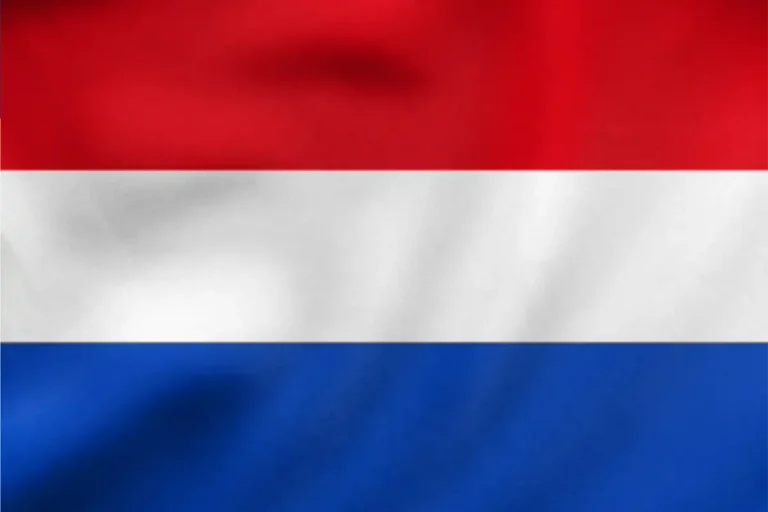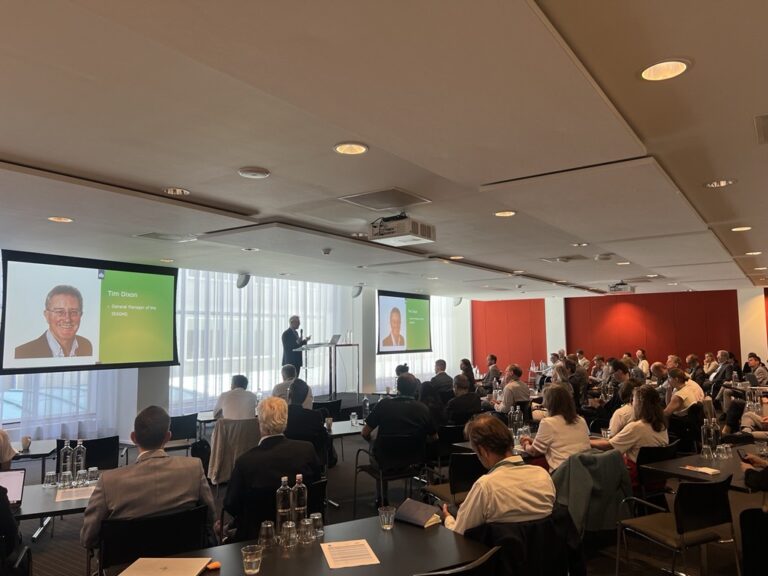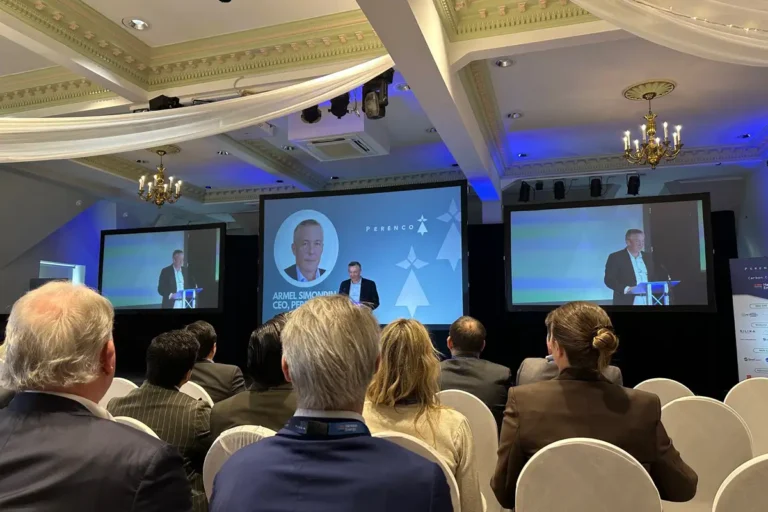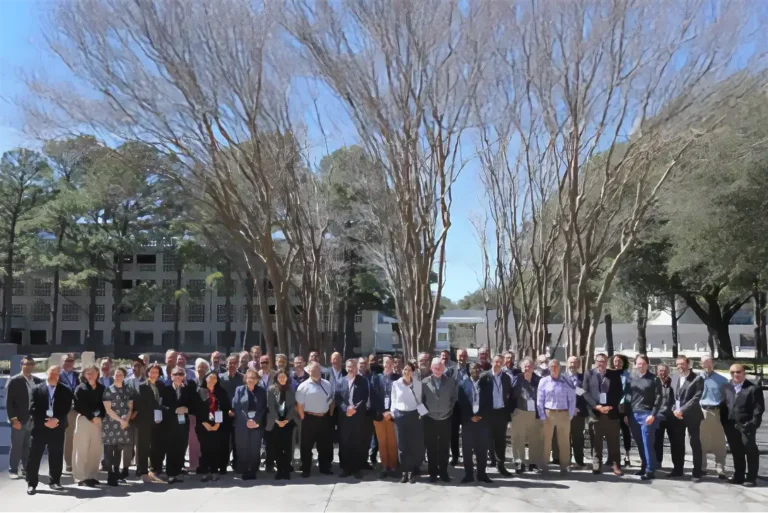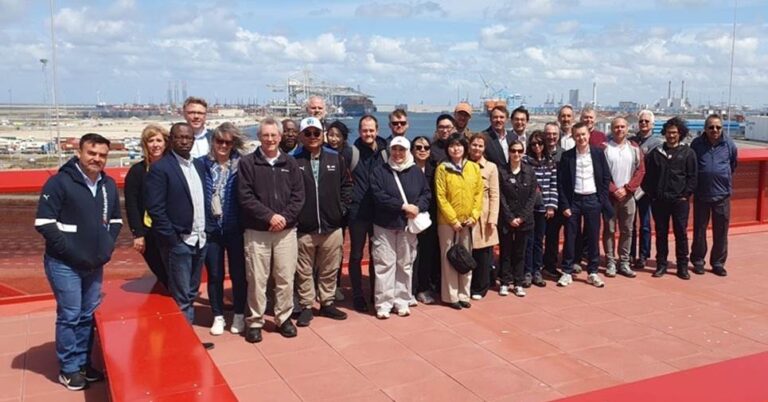
IEAGHG CCS Cost Network Workshop
22 March 2019

On 19-20 March, around 50 experts from 11 countries gathered at EPRI’s headquarters in Palo Alto, California, to engage in issues relating to the cost of CCS. Following the tried and trusted format of earlier CCS Cost Network Workshops, there were five plenary sessions on selected topics relating to CCS and costs, each of 90 minutes duration. These were followed by three parallel breakout sessions where attendees were able to discuss and debate matters closely relating to the earlier sessions, noting where progress had been made but, more importantly, throwing additional light on areas that were merely work in progress.
The first two sessions addressed studies relating to the costs of power sector CO2 capture on both coal and gas in five separate domains – Australia, Canada, China, Mexico and the United States. Five twenty-minute presentations, each covering one of these studies, provided attendees with a wealth of content for constructive examination. The third session was on ‘CCS costs in industry’, where IEAGHG’s Monica Garcia was able to present key findings from a joint IEAGHG/IEA study reviewing costs of CO2 capture in the cement and steel sectors. Session 4, chaired by IEAGHG’s Keith Burnard, focused more on the politics, more precisely on ‘What it takes to make CCS economical’. In this session, speakers representing the Netherlands, Norway and the United States talked about measures and incentives that had been or were to be introduced to provide a setting where prospects for CCS deployment might be enhanced. In the final session, presentations and discussion centred on the ‘Value proposition for CCS’. With views on technology more often based heavily on cost, too little emphasis is given to its ‘value’. Here, presentations and discussion were motivated by, for example, the role of flexible CCS in maintaining a stable power grid – a vitally important quality for keeping the lights on in the 21st century.
The breakouts offered participants further opportunity to make their views known on what has been achieved in some of the topic areas addressed in the main sessions. The discussions that ensued, often lively, sometimes animated, form an essential component of the workshops; through them comes a distillation of current understanding and a clear indication of what still needs to be done. Outcomes from these fora have, time and again, provided the stimulus for further study and collaborative action.
This was the seventh in the IEAGHG CCS Cost Network Workshop series and the second hosted by EPRI. A report on the workshop is in preparation and, once complete, will be published on IEAGHG’s website.
Other articles you might be interested in
Get the latest CCS news and insights
Get essential news and updates from the CCS sector and the IEAGHG by email.
Can’t find what you are looking for?
Whatever you would like to know, our dedicated team of experts is here to help you. Just drop us an email and we will get back to you as soon as we can.
Contact Us NowOther articles you might be interested in
Get the latest CCS news and insights
Get essential news and updates from the CCS sector and the IEAGHG by email.
Can't find what you are looking for?
Whatever you would like to know, our dedicated team of experts is here to help you. Just drop us an email and we will get back to you as soon as we can.
Contact Us Now

